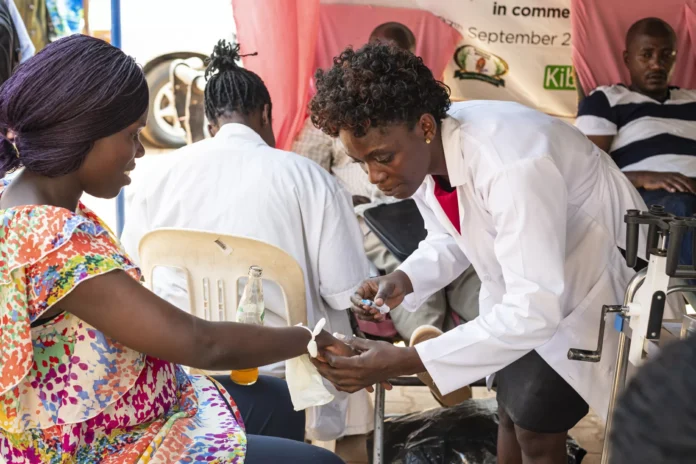The World Bank is an international organization that aims to reduce poverty and promote sustainable development around the world. With its vast resources and global reach, the World Bank plays a crucial role in providing aid to countries in need. However, recent data from the World Bank has shed light on how the organization of aid programs can have a significant impact on political conflict in recipient countries. This information is crucial in understanding how aid can be delivered more effectively and ultimately lead to better outcomes for those in need.
According to the World Bank’s data, the organization of aid programs can either contribute to or alleviate political conflict in recipient countries. This is because aid programs often involve the distribution of resources, which can create competition and tension among different groups within a society. In some cases, this can lead to political conflict and even violence. However, the data also shows that with proper organization and coordination, aid programs can actually help to reduce political conflict and promote peace.
One of the key factors that influence the impact of aid programs on political conflict is the level of inclusivity. In countries where aid is distributed in an inclusive manner, meaning that all groups within society have equal access to resources, there is a lower likelihood of political conflict. This is because when all groups feel that they are benefiting from aid, there is less incentive for them to engage in conflict with one another. On the other hand, when aid is distributed in an exclusive manner, where certain groups receive more resources than others, it can create a sense of inequality and fuel political conflict.
Another important factor is the transparency of aid distribution. When aid programs are transparent and the distribution process is clearly communicated to the public, it can help to build trust and reduce suspicion among different groups. This can ultimately lead to a more peaceful and stable society. On the other hand, when aid distribution is shrouded in secrecy, it can create mistrust and fuel political conflict.
The World Bank’s data also highlights the importance of coordination among different aid programs. In many cases, multiple aid programs are operating in the same country, often with overlapping goals and objectives. This can lead to duplication of efforts and inefficient use of resources. However, when aid programs are coordinated and work together towards a common goal, it can lead to better outcomes and reduce the risk of political conflict. This coordination can also help to identify and address any potential conflicts that may arise from the distribution of aid.
So, what does this data mean for aid delivery? It means that the organization of aid programs is crucial in determining their impact on political conflict. In order to ensure that aid is delivered effectively and contributes to peace and stability, it is essential to prioritize inclusivity, transparency, and coordination. This requires a thorough understanding of the local context and the involvement of all stakeholders in the aid delivery process.
The World Bank has already taken steps to address these issues and improve the organization of its aid programs. For example, the organization has implemented a new strategy that focuses on promoting inclusive growth and reducing inequality. This includes targeting aid towards marginalized groups and promoting transparency in aid distribution. The World Bank has also increased its coordination efforts with other aid organizations and local governments to ensure that aid is delivered in a coordinated and effective manner.
In conclusion, the World Bank’s data on the impact of aid programs on political conflict is a valuable resource for understanding how aid can be delivered more effectively. By prioritizing inclusivity, transparency, and coordination, aid programs can not only reduce poverty but also contribute to peace and stability in recipient countries. It is crucial for aid organizations to take this data into consideration and work towards better aid delivery, ultimately leading to a more peaceful and prosperous world for all.

